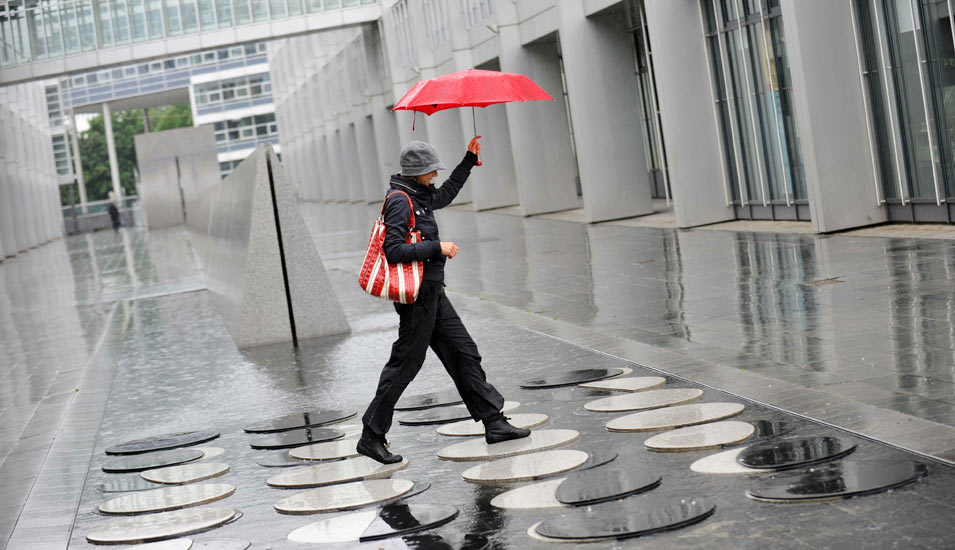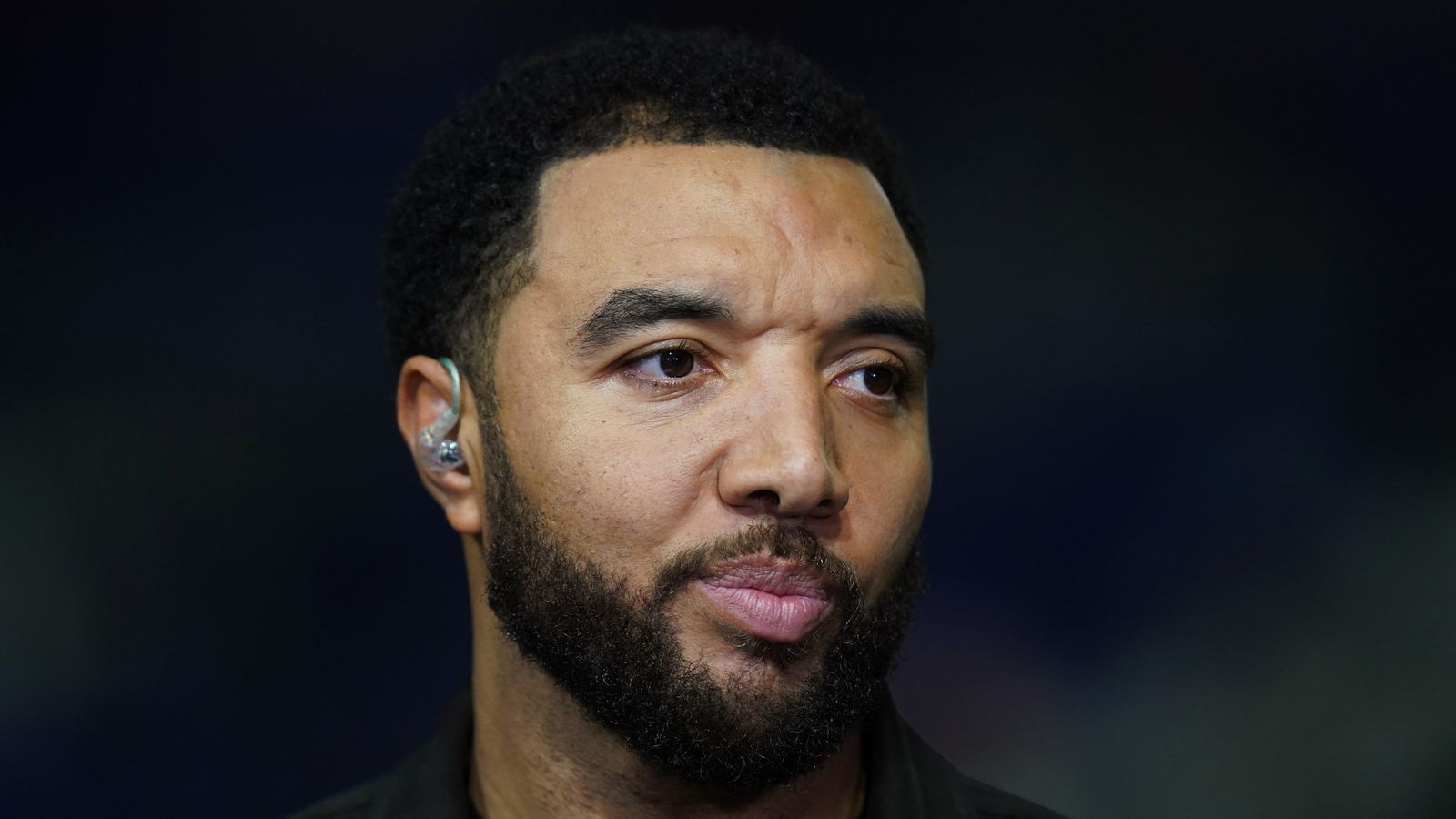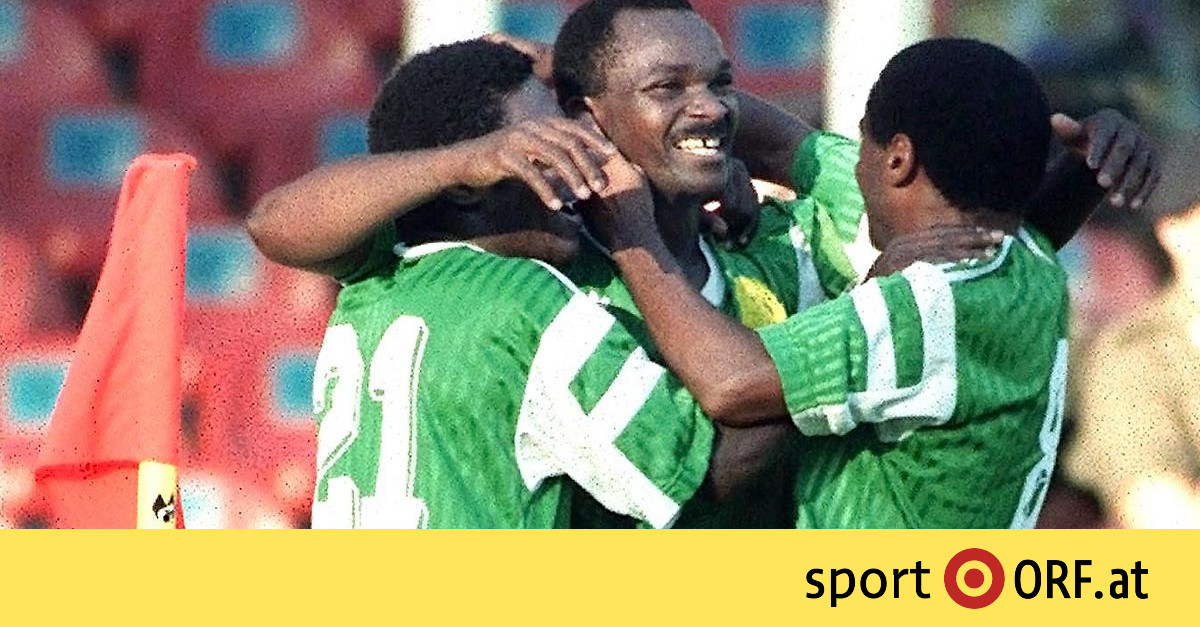Senegal and Ghana narrowly missed reaching the semi-finals in 2002 and 2010, respectively, and it seems that the chances of an African surprise once again are slim in the World Cup in Qatar. Cameroon is back, along with Ghana, Senegal, Tunisia and Morocco.
The quintet wants to avoid a repeat of what happened in the World Cup in Russia four years ago. At that time, all African teams failed past the group stage. Accusations repeated over the years were inexperienced, tactically undisciplined and focused only on their stars.
Lack of starting places, lack of infrastructure
There have been several attempts to explain why the distinction has not yet been achieved. African critics see the FIFA system as the reason. The Confederation of Football has 54 members, but only five of them start the World Cup. Europe has 55 member countries and is allowed to send 13 teams to the World Cup, while South America has 4.5 starting spots with ten starting players in the qualifiers. For Cameroonian Patrick Mboma, African Footballer of the Year 2000, this is unfair and puts him at a huge disadvantage.
“The candidates always remain the same because they have more experience in the history of the World Cup,” Mboma told Al-Jazeera TV shortly before the start of the World Cup. From Africa, teams with big names such as Mohamed Salah, Nigeria, Ivory Coast, Algeria and Egypt have slipped away this year.
Aaron Mokoena, captain of the 2010 South African Home Championship, believes it is also important that good African teams often compete with the best in World Cup finals. “But before we ask for additional venues, we need to organize our football,” Mokoena said. He described the lack of infrastructure in many countries as a major issue, but also a lack of development. After all, according to the former Ajax and Leverkusen legionnaires, more and more players are making the jump to Europe.
A bitter failure for Senegal
A prime example is Sadio Mane, whose career took off at Wals-Siezenheim. The Senegal star moved to France at the age of 19, via Metz and Salzburg to Liverpool and Bayern Munich. But now Africa’s best footballer is out after suffering an injury earlier this month, and the Teranga Lions will be prime candidates for an upset. In the group that includes host country Qatar, Ecuador and the Netherlands, a second place at least seems possible. Senegal will play the opening match on November 21 against “Orange”.
The current African Cup of Nations champions are a good example of positive developments on the continent. You think in the long run. President Aliou Cisse has been in charge since 2015, before extending his World Cup contract until 2024. The national federation is also looking to fill its available player squad with French-born talents of Senegalese parents. This applies to goalkeeper Edouard Mendy, defenders Kalidou Coulibaly (Chelsea), Abdou Diallo (Leipzig) and midfielder Pape Gueye (Marseille).
“We kept focusing on the really important things. We are getting closer to our goal with each tournament, and the last one only strengthened our faith. Hard work always pays off,” Cisse said, referring to the victory in the Africa Cup of Nations in February. Qatar’s first goal is to get out of the group “Then it was the knockout tournament and we have enough experience to make our mark there,” said the 46-year-old former international.
Quartet with a difficult draw
Cameroon, along with former Altachers Samuel M. Gue and Nicolas Momi Ngamaleu, will have a tough time in a group that includes Brazil, Switzerland and Serbia. The same goes for Ghana, Portugal, South Korea and Uruguay. Morocco faces Belgium, Croatia and Canada as opponents, and Tunisia has to compete in the group with France, Denmark and Australia. The grapevines of the African teams seem to be hanging again.
The teams managed to announce the first bid even before the start of the World Cup. With Cisse, Rigobert Song (Cameroon), Otto Addo (Ghana), Walid Regragui (Morocco) and Jalil Kadri (Tunisia), all five team captains are from their countries of origin. For decades, it has always been the case that Europeans or South Americans have been preferred over local coaches.

“Internet nerd. Avid student. Zombie guru. Tv enthusiast. Coffee advocate. Social media expert. Music geek. Professional food maven. Thinker. Troublemaker.”






More Stories
Troy Deeney's goal at his UK Open rally as part of the World Nineball Tour: Not to embarrass myself and move the sport forward | Snooker News
Women's World Cup: 13th title for Canada
UEFA wants it this way – Bundesliga stadiums will have a new look during the European Championships – Sports